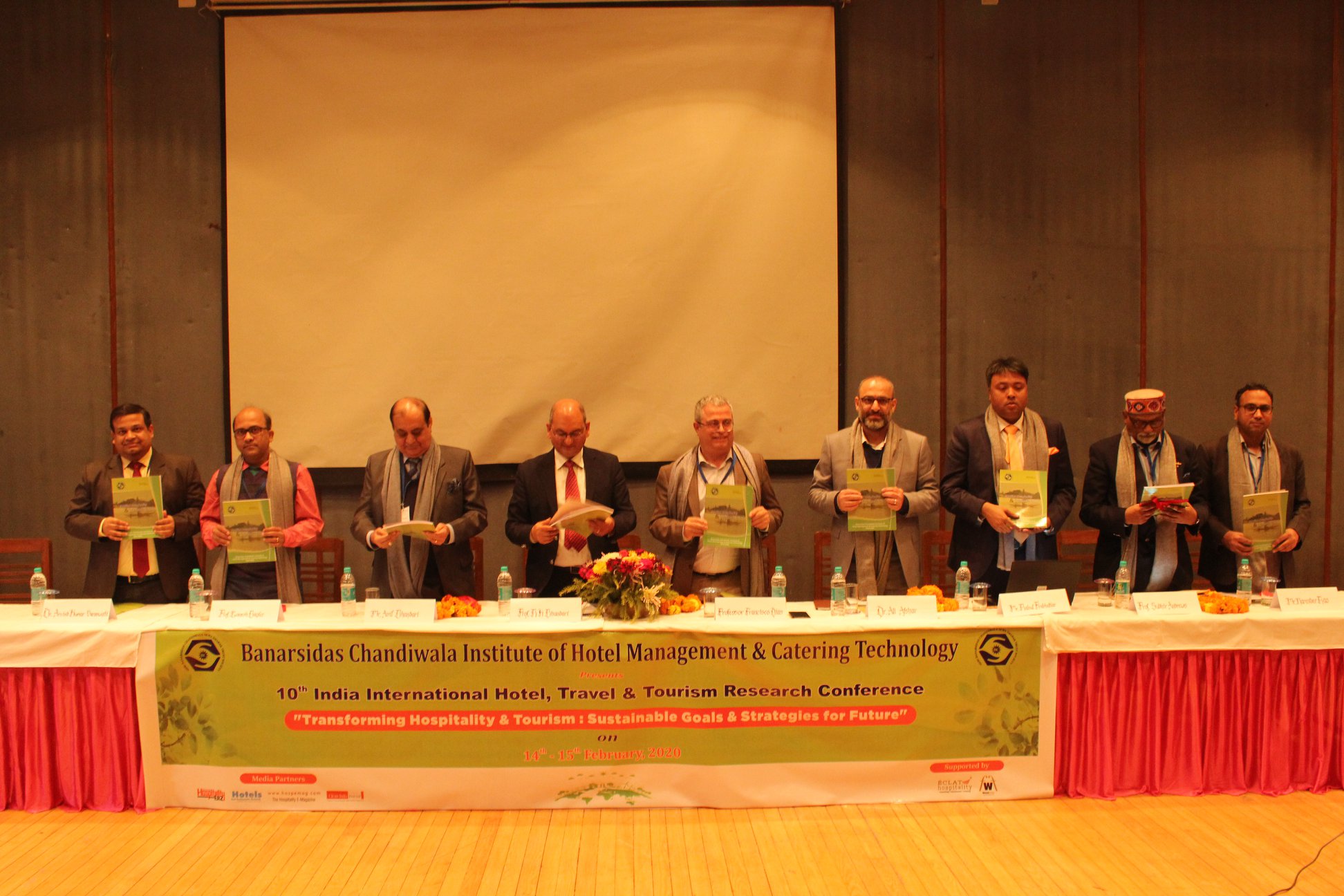The exuberance of Indian culture and the astonishing diversity of people, nature, and cuisine make it a land worth exploring for tourists. Undoubtedly, India’s tourism potential is huge and every passing year there is an increasing influx of tourists in the country. Given the scenario, it’s not surprising that India’s rank in Travel & Tourism Competitiveness Index (TTCI) of World Economic Forum has moved from 65 in 2013 to 34 in 2019. Also, Foreign Tourist Arrivals (FTAs) during the period January- November 2019 were 96,69,633 as compared to 93,66,478 in January- November 2018, registering a growth of 3.2%. It also resulted in a significant increase in Foreign Exchange Earnings (FEEs). During the period January- November 2019 revenue generated from foreign tourists was Rs. 1,88,364 Crore as compared to Rs. 1,75,407 Crore in January- November 2018 registering a growth of 7.4%.
However, with increasing number of tourists, particularly in popular destinations, there has been a tremendous pressure on the natural ecosystem of a place. Be it depleting ground water table, increase in vehicular pollution or waste generation, various tourist destinations across the country are facing severe ecological crisis, which requires immediate steps to develop and practise sustainable tourism activities.
To explore various facets of sustainable tourism, Banarsidas Chandiwala Institute of Hotel Management and Catering Technology (BCIHMCT) recently organised 10th edition of its India International Hotel Travel and Tourism Research Conference series focusing on the theme “Transforming Hospitality & Tourism: Sustainable Goals & Strategies for Future”. The organisers were of the view that ‘with the rapid growth of hospitality, travel and tourism business, there is an urgent need to address all aspects of sustainability and to develop and incorporate strategies for achieving sustainable development goals’. “Through this theme, an effort is being made to include constructive deliberations on the issues related economic, social, environmental and technological sustainability in various aspects of hospitality, travel and tourism sectors,” said Prof. Raj Bhandari, Chairman, BCIHMCT.
During the two-day conference organised on February 14 and 15, 2020 several prominent international and Indian speakers participated. This included Prof. Francisco Dias from Portugal, Dr. Ali Afshar from Iran, Dr. Yanki Hartijasti from Indonesia, and Dr. Naira Mkrtchyan from Armenia. The conference included formal presentations, workshops, awards and other industry related activities and was attended by approximately 400 participants. Prof. Francisco Dias in his keynote address shared about the role of cinema and tourism and how it has a great potential to promote a particular destination or industry. Rahul Prabhakar from ITC Hotels shared about various steps taken by ITC group to promote sustainability in their hotels be it recycling of waste, energy conservation or tackling indoor air pollution. The chief guest of the inaugural ceremony was Anil Bhandari, former CMD, India Tourism Development Corporation (ITDC).
“The conference brought together a unique mix of experts, researchers and decision makers both from academia and industry across the globe to exchange their knowledge, experience and research innovations in Hospitality and Tourism Sustainable Practices. The future strategies need to be devised to achieve sustainable development goals aimed at creating definite impact on hospitality, travel and tourism businesses,” said Dr. Arvind Kumar Saraswati, Assistant Professor, BCIHMCT and conference convenor. He also informed that for the first time environment films were also screened as part of the conference, in collaboration with Woodpecker International Film Festival.

